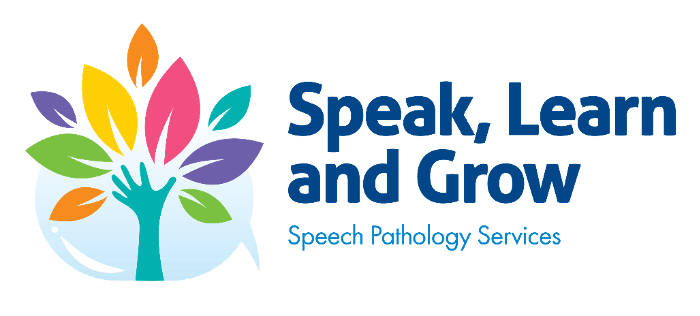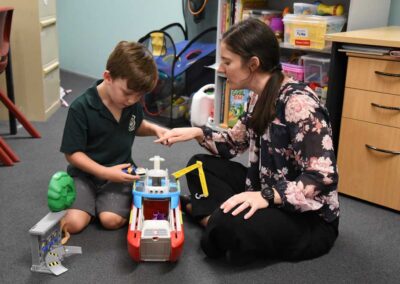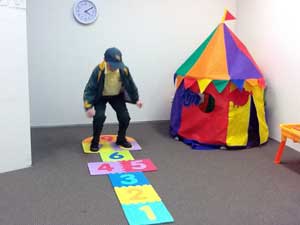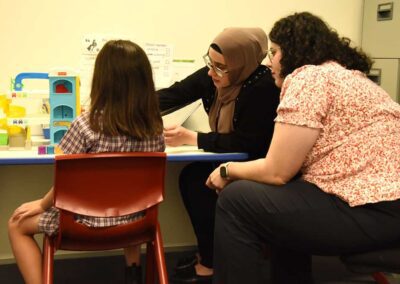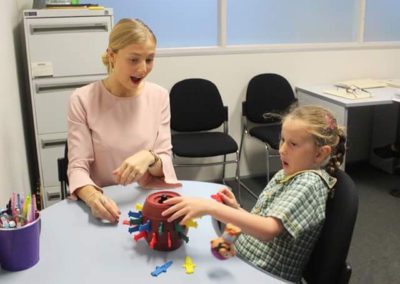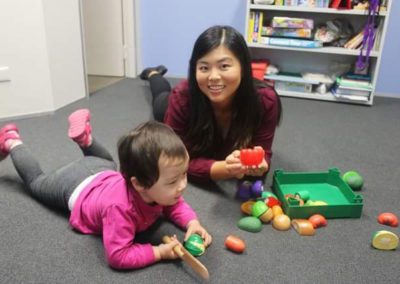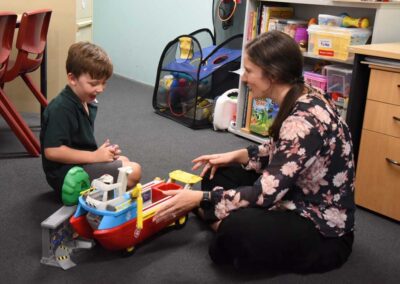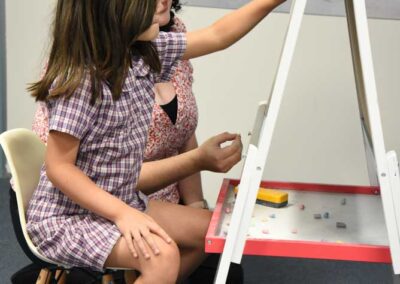The Role of Speech Pathologists in Promoting Vocal Hygiene for Children
Vocal hygiene is an often-overlooked aspect of overall health, especially in children. Healthy vocal habits are essential for clear communication and can significantly impact a child’s development. Speech pathologists play a pivotal role in promoting vocal hygiene among children, ensuring they develop and maintain strong, healthy voices.

Why Is Vocal Hygiene Essential for Children?
When children use their voices appropriately and avoid behaviours that put strain on the vocal folds, the benefits include:
- Prevention of Vocal Disorders
- Improving Communication Skills
- Boosting Self-Confidence
The Role of Speech Pathologists in Promoting Vocal Hygiene
- Early Detection and Assessment
Speech pathologists are trained to identify early signs of vocal problems or disorders in children. Through careful assessment, they can pinpoint issues related to vocal hygiene and develop tailored intervention plans.
- Education and Training
One of the primary responsibilities of speech pathologists is to educate children and their caregivers about vocal hygiene practices.
- Customized Treatment Plans
Speech pathologists create individualised treatment plans that address a child’s specific vocal hygiene needs. These plans may include exercises, techniques, and strategies to improve vocal health and prevent future problems.
- Rehabilitation and Support
In cases where children already have vocal disorders, speech pathologists provide rehabilitation and ongoing support. They help children regain vocal health through targeted therapy and monitor progress.

Strategies that you can implement:
- Drink plenty of water
- Being well hydrated helps keep the vocal folds vibrating smoothly and thereby prevents injury.
- Don’t yell, try something else!
- For example, encouraging children to clap their hands and wave their arms on the soccer field, use noisemakers or stomp their feet from the stands.
- Walk over to someone instead of yelling to them.
- You could tell your child that you won’t answer them if they yell across the house. Set a good example by doing the same when you want someone’s attention.
- Follow loud activities with quiet ones.
- The vocal folds need rest after overuse. You might give your child 10-20 minutes to read quietly or use the iPad following an afternoon at the playground or a sporting event.
- Turn down the music or television when having a conversation so you are not competing to be heard.
When to seek help
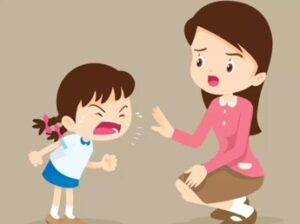
It’s important to seek professional help when:
- You notice that your child’s voice is raspy or hoarse for more than 2-3 weeks.
- Your child becomes breathless when speaking.
- It’s hard to hear your child when there is background noise.
- Your child’s voice fades in and out.
- You notice voice breaks more frequently than usual.
- Your child complains that their neck hurts when they talk
In conclusion, vocal hygiene is a vital aspect of a child’s overall health and development. Through early detection, education, customised treatment plans, and ongoing support, speech pathologists together with parents, ensure that children develop and maintain strong, healthy voices that will serve them well throughout their lives. If you’d like to book in an assessment for your child’s voice, you can contact us at Speak, Learn and Grow Speech Pathology Services on (02) 9526 2788 or fill in this form

